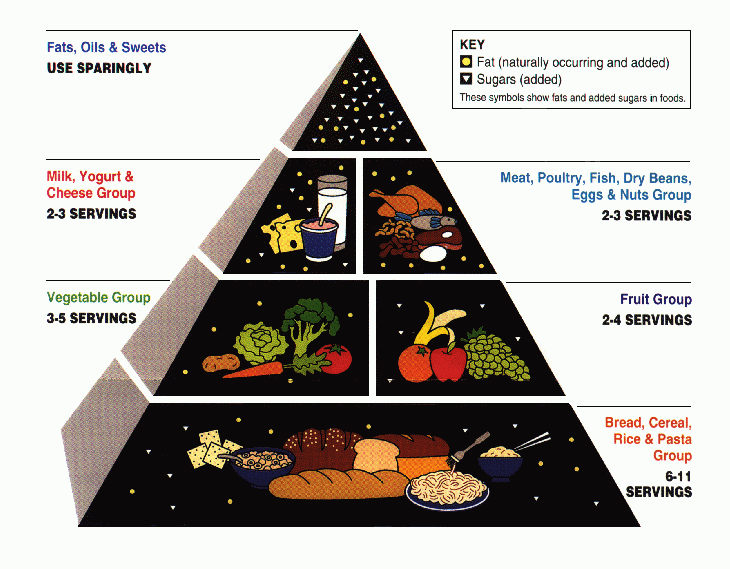It seems that there's always a new diet craze that helps improve health, metabolism, or general wellness. From the Atkins, South Beach, Raw Food, and even Blood Type diet, there's a diet that seems to cater for everyone's selective culinary preferences. And everyone's got their favorite.
A more recent diet is the Paleo, or Caveman diet. This diet focuses heavily on natural food (as in straying away from processed or preserved foods) with a particular emphasis on proteins.
The diet is supposed to be healthier and reflect our earlier ancestors' diets. While not much evidence really promotes or debunks this diet, a new article published in Cell Metabolism recently showed that depending on your age, you may want to consider altering your protein consumption level. This epidemiology study tracked the health and food intake of 6,000+ male and female participants aged above 50, and looked at any relationships between health and protein intake. They found that subjects who consumed a high protein diet had a higher chance of all cause and cancer mortality if aged 50-65. In contrast, subjects over 65 who consumed a high protein diet had a lower chance of all cause and cancer mortality. On an evolutionary standpoint it makes sense to shift your diet to more protein as you age. Aging bodies tend to lose more muscle anyway, so it makes sense to consume more protein. Their claims were further supported in experimental studies done on mice and yeast that showed similar results and even pointed to a possible molecular pathway.*
Something interesting about this finding was that the protein evaluated was predominantly from animal sources. Considering that many vegetarian based diets (veganism and Mediterranean style diet) champion huge health benefits, it was surprising that the paper did not look at if parsing out subjects who ate protein mainly from non-animal sources would have shown similar results.
In light of these recent findings, MOH and I spent our Sunday grabbing most of our protein from non-animal sources. My favorite source? FUNGUS! These past two weeks have been great because the supermarket has shitake mushrooms on sale = yum. Mushrooms are not only tasty, but have a higher protein content than most vegetables and are full of fiber. To showcase the mushrooms (I personally feel that they taste like dirt, in a good way), I did a variation of my Bun Xao, which I normally do with tofu or shrimp. This time, I sauteed mushrooms with lemongrass and ate my stir-fry medley on top of a bed of greens with vermicelli. Really delicious and a change of pace from my original recipe.
The results turned out great and were quite tasty.
Hope everyone's weekend is winding down well and you're all ready for the upcoming week. Until next time, happy eating all!
*** Authors were mainly interested in how caloric consumption affects growth hormone (GH) and insulin growth factor (IGF), and how these two factors may mediate health and life expectancy. They used mice to support their findings that A) high protein diets tend to favor all cause and cancer mortality in younger mice and, B) high protein diets in aged populations is more beneficial than low protein diets. Furthermore, researchers used yeast and identified that proteins may be affecting life expectancy by activating the Tor-Sch9 and Ras/PKAy pathway.
References:
Levine, ME et al., 2014. Low protein intake is associated with a major reduction in IGF-1, Cancer, and Overall Mortality in the 65 and younger but not older population. Cell Metabolism. 19(3): 407-417.




No comments:
Post a Comment